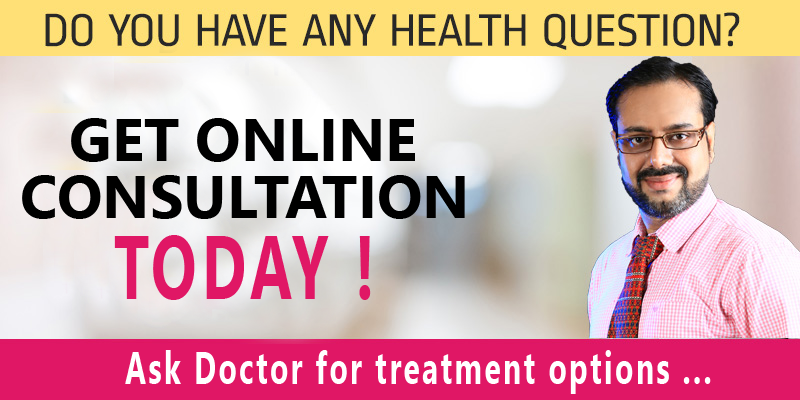How Long Does It Take to Get Pregnant After Having Sex?
Originally posted 2022-10-25 09:28:35.
Getting pregnant might seem like something out of this world. It makes a little more sense once you understand the science and timing behind it. Still, you might be curious about how long it takes to get pregnant after having sex.
The short answer is that the egg and sperm can meet anywhere from minutes to 12 hours after ejaculation. But you still have to do some things to see that second line on the pregnancy test.
Here’s a very simple explanation of how reproduction works, as well as tips on how to time things and maybe increase your chances of getting pregnant.
When does fertilization happen?
When the egg and sperm meet in the fallopian tube, this is called fertilization. A woman must be in her fertile window for this to happen. This means that she is close to or has reached ovulation, which is when an egg is released from the ovary at the end of each menstrual cycle.
Fertilization can only happen between 12 and 24 hours after an egg is laid. After that, it starts to fall apart, hormones change, and the next cycle begins with a period.
Even though it seems like it would be hard to catch an egg, think about how many eggs there are. It is thought that ejaculate has as many as 280 million sperm cells. And in the best case scenario, sperm can live for a few days once they reach the uterus.
If you have unprotected sex in the 5 days before ovulation, enough sperm may be ready to fertilise an egg. In other words, if healthy sperm are already at their final destination when you have sex nearly a week before ovulation, you may get pregnant.
On the other hand, pregnancy can happen very soon after having sex. Experts say that the sperm can get to the egg as soon as 30 minutes after ejaculation by travelling through the uterus and fallopian tubes.
When does implantation happen?
The new zygote travels down the fallopian tube and goes through a lot of changes as it goes. It becomes a morula and then a blastocyst as it grows. Once it’s a blastocyst, it’s ready to attach to the lining of the uterus and keep growing into an embryo.
To get pregnant, implantation is a must. Without it, the blastocyst will break down and come out with the rest of the uterine lining when you have your period.
When it comes to when it happens, implantation usually takes place between 6 and 10 days after fertilisation. Some of the mild symptoms you might have are cramping and light bleeding. Some women, though, may have no signs at all.
When do symptoms start?
As soon as the embryo starts making hormones, which happens right away, pregnancy symptoms may start to show.
Some of the first signs are:
- I didn’t have my period. If you miss your period, you might be pregnant. Hormones made by the growing embryo tell the brain to keep the lining of the uterus.
- Your breasts are changing. Due to changes in hormones, your breasts may feel sore or swollen to the touch.
- Sick in the morning. Most women start to feel this way about a month or so after implantation, but some may feel it sooner. You may feel sick, with or without throwing up.
- A lot of trips to the bathroom. During pregnancy, your kidneys have to work harder because they have to process more fluids because your blood volume has gone up. This means more trips to the bathroom.
- Tiredness. In the beginning of your pregnancy, you may feel tired. Again, hormones are at play. Especially, the hormone progesterone can make you feel tired.
If you have any of these signs or think you might be pregnant for some other reason, you should take a home pregnancy test.
When can you get a positive pregnancy test result?
Human chorionic gonadotrophin (hCG) is a hormone that can be found in your urine. This is made after the sperm attaches to the egg, but it can’t be seen until 6–14 days after fertilisation. Since every cycle is different, you will get the most accurate results if you start on the day you missed your period.
You can buy a test in a grocery store, a drug store, or online. Follow all of the directions and talk to your doctor again if the test comes back positive or if it comes back negative but your period doesn’t start.
In some cases, you may need to get a blood test, which can show if the pregnancy hormone hCG is at a lower level.
Is there anything you can do to help your chances?
To recap, the following things need to happen to achieve pregnancy:
- The egg needs to move out of the uterus and into the fallopian tube.
- Sperm must be put into the egg before, during, or right after ovulation.
- Fertilization is what happens when an egg and sperm come together to make what will become a blastocyst.
- For the blastocyst to become an embryo and keep growing into a foetus, it needs to attach itself to the lining of the uterus.
Above all else, the best way to increase your chances of getting pregnant each month is to learn more about your menstrual cycle and figure out when your fertile window is. Even if you have sex a million times, you won’t get pregnant if you’re not in the right part of your cycle.
Even if you have sex 5 days before your period, the best chance of getting pregnant is on the day before your egg is released.
Some women with 28-day cycles ovulate about 14 days after their last period started. For some, it’s not so easy to guess. Books like “Taking Charge of Your Fertility” can help you learn how to track your basal body temperature or understand other signs, like more mucus in your cervix, that you may be about to ovulate, like when your basal body temperature goes up.
You could also think about getting an ovulation predictor kit. These over-the-counter strips look for different hormones in the urine that show an egg is about to come out.
Don’t want to keep too close an eye on it? Experts on fertility say that you should have sex two to three times a week during the month. So, you’ll always have fresh sperm on hand.
You could also try to help the swimmers get where they need to go by staying still for 15 minutes after sex and using lubricants that are good for sperm.
At KHOKAR Clinic you will get treatment for Male Infertility & Female Infertility and also effective ayurveda treatment for sexual problems in men & sexual problems in women
Tags : Ayurveda Treatment Men Sexual problem, Ayurveda Treatment Male Female Infertility, Sexologist in Kochi, Sexologist in New Delhi, Sexologist in Palakkad, Sexologist in Pune, Sexologist in Rampur, Sexologist in Hyderabad, Sexologist in Dubai, Ayurveda Treatment for female infertility, Sexologist in Bangalore, Endometriosis Treatment, Ayurveda Treatment for Bacterial vaginosis, Ayurveda Treatment for Women Sexual Problem, Ayurveda Treatment Reduced Libido Sexdrive, Ayurveda Treatment for female infertility, Polyps Uterine Fibroids Abnormalities Infertility Treatment, Recurrent Miscarriage Infertility Treatment, Tubal Factor Infertility Treatment, Anovulation Treatment, Ectopic Pregnancy Treatment, Diminished Ovarian Reserve Treatment, Pelvic Inflammatory Disease Treatment, Ayurveda Treatment Yeast Infection, Ayurveda Treatment Premature Ejaculation, Ayurveda Treatment Erectile Dysfunction





